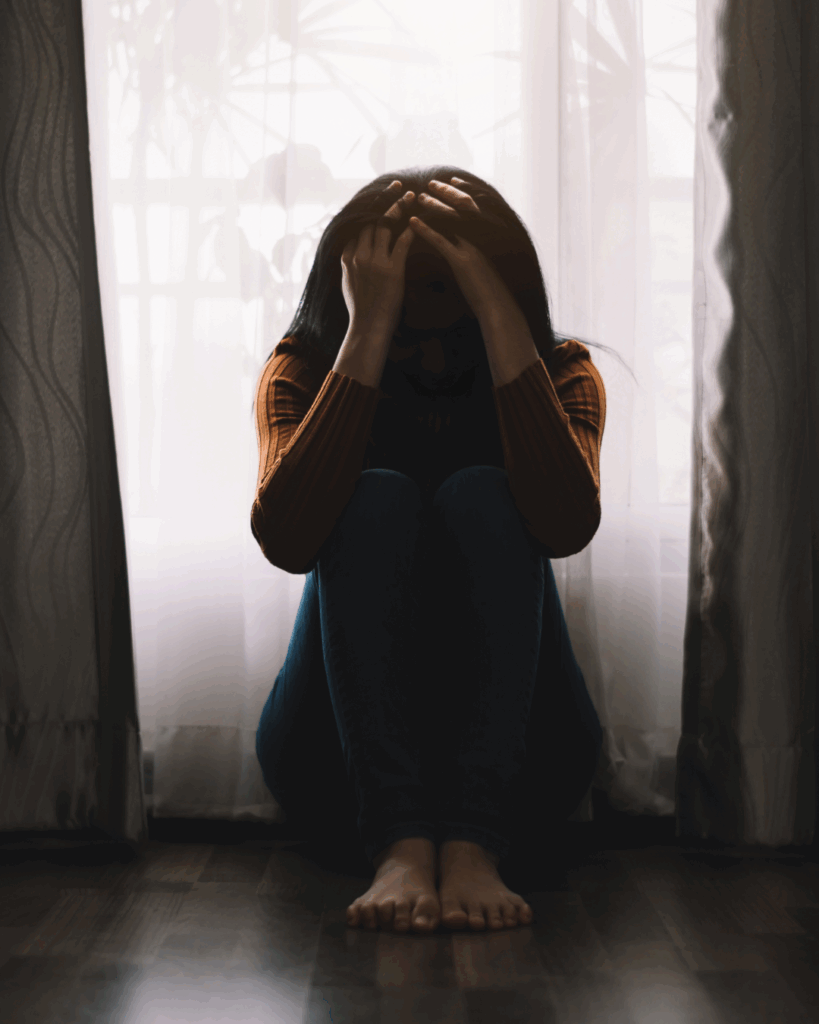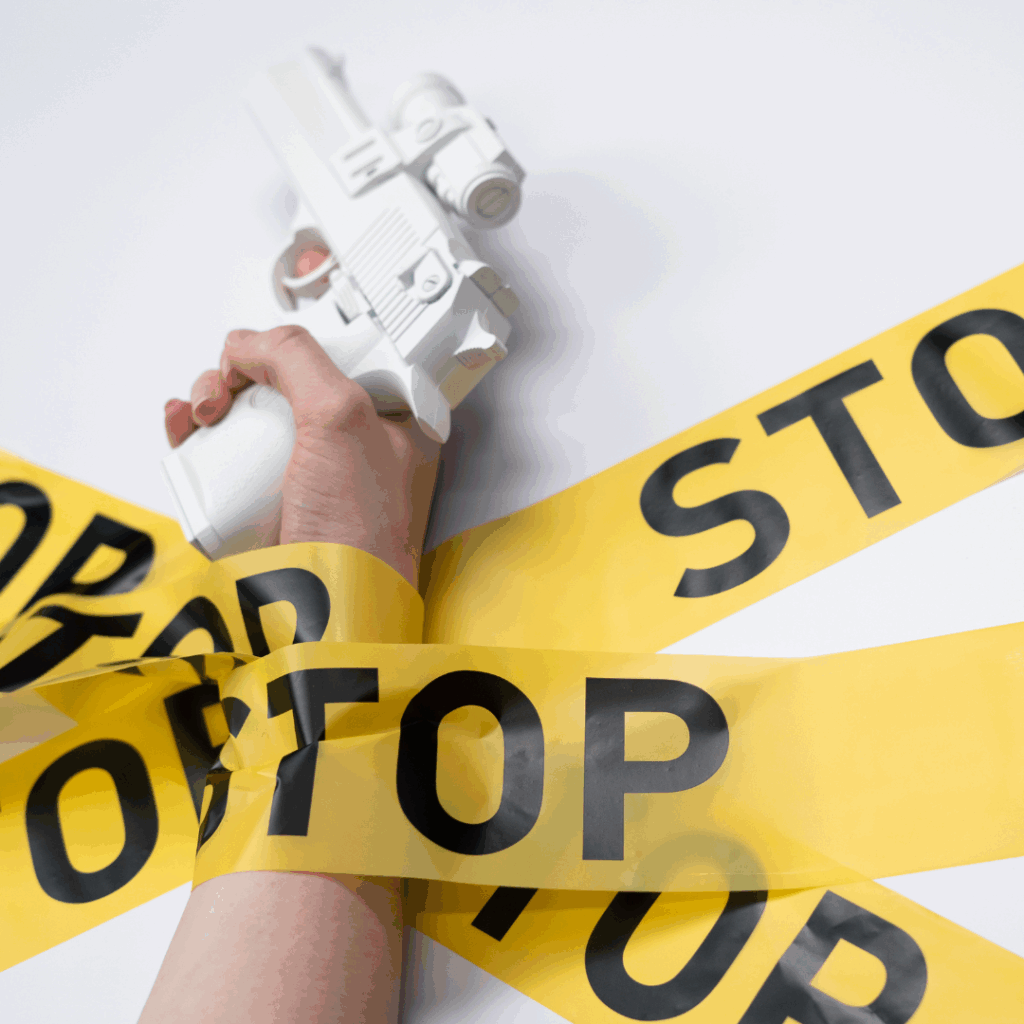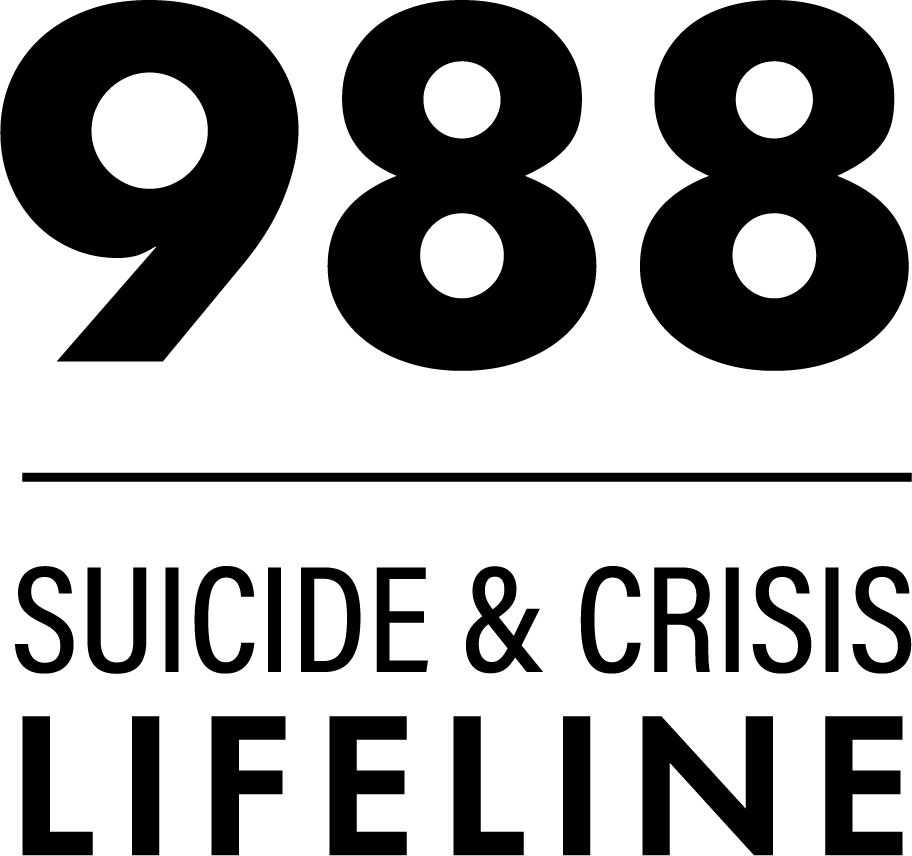If you are experiencing a suicidal crisis or mental health-related distress, please contact the Suicide and Crisis Lifeline at 9-8-8
Understanding the intersection of firearms and mental health is critical. While most people living with mental health conditions are not violent, easy access to firearms can significantly increase the risk of suicide. Promoting secure firearm storage, early intervention, and access to mental health care can help prevent tragedies and support individuals in crisis. This section explores the facts, challenges, and evidence-based strategies at the crossroads of mental well-being and firearm access.
For people of all ages, access to a gun increases the risk of death by suicide by three times.

Warning Signs That a Loved One May Be Suicidal
If you’re concerned about someone, here are some key signs to watch for:
- Prolonged sadness or depression
- Noticeable changes in mood or behavior
- Expressions of hopelessness or feeling like a burden
- Sleeping too much or too little
- Withdrawing from friends, family, or usual activities
- Increased irritability, aggression, or agitation
- Escalating use of alcohol or drugs
- Talking about wanting to die or harm themselves
What You Can Do to Help
Most people who attempt suicide do not die—unless they use a gun. Firearms are the most lethal method, and easy access can turn a moment of crisis into a tragedy. If someone you know is showing signs of depression or suicidal thoughts, don’t wait to act.
- Be direct: Ask if they’re thinking about suicide.
- You won’t “put the idea in their head” by asking. You’ll show them they’re not alone.
- If someone says they’ve thought about suicide—or if you strongly suspect they have—do not leave them alone.
- Get help right away: call the 988 Suicide & Crisis Lifeline, contact a mental health professional, or reach out to a trusted adult or caregiver.
- If you’re not the person’s caregiver or guardian, tell someone who is. Do not keep it a secret.
- Temporarily remove firearms from the home or ensure they are locked and unloaded, with ammunition stored separately.
- If they’re going to someone else’s home, ask about firearms in that home and how they are stored.
- Even if someone is not currently thinking about suicide:
- Invite honest, open conversation
- Listen without judgment
- Encourage them to speak with a mental health provider or primary care doctor
- If you’re concerned, share those concerns with a trusted friend, loved one, or professional


Suicidal Crises Are More Lethal with Firearms
Gun ownership is not linked to a higher likelihood of experiencing suicidal thoughts or making a suicide attempt. However, when a firearm is used in a suicide attempt, the outcome is far more likely to be fatal. Firearms are the most lethal method of suicide, with very little opportunity for second chances or intervention. Reducing access to firearms during times of crisis—through safe storage practices or temporary transfer—can save lives without stigmatizing gun ownership or mental health challenges.
Mental health resources
If you or someone you know is struggling, help is available. You are not alone.
- Suicide & Crisis Lifeline: Call or text 9-8-8, or chat at
988lifeline.org — free, confidential support, 24/7. - The Trevor Project: Crisis support for LGBTQ+ youth — Call 1-866-488-7386, or visit thetrevorproject.org.
- Indiana Suicide Prevention Network (ISPN): Connect with local suicide prevention efforts and training — Visit ISPN.
- Learn more about depression and suicide in youth:

